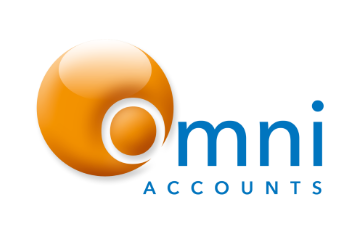Many companies find their curiosity piqued, and are intrigued by the idea of implementing Enterprise Resource Planning (ERP) software in order to streamline their workflow and increase scalability within their business, but are unsure if it’s the right step to take, or if it even applies to their company or industry. Is the timing right? Is it ‘overkill’? Will their staff be receptive to the learning curve and change that new software inevitably brings about?
Although there is no defined time that determines when a company is ready to implement an ERP software solution, it is generally a good idea to start seriously considering one if the company is about to expand, or is already suffering because it is growing. Problems relating to a growing company can be good problems to have as it is indicative of a successful venture, and an ERP solution can go a long way towards resolving many stumbling blocks that are experienced as a result of this expansion.
ERP software can assist with setting the company on the path to success.
Using multiple software platforms for different purposes throughout the company
Many companies find that there are lots of different platforms being used in various departments. The team in Sales uses one system to take and fill orders, but the Accounts department uses another system to track the orders, for example.
The same is often true for multiple departments in a single company, causing difficulties keeping the multiple systems up to date, and resulting in things falling through the cracks as it’s virtually impossible to ensure completely accurate transferring between these systems. In short, it’s really easy to lose track of all of those spreadsheets and to end up with inaccurate data.
With ERP software, multiple business functions can be integrated on one platform, ensuring that teams in multiple departments have access to the same live data, and therefore streamlining the process. It doesn’t need to be pointed out that a business (which is now wasting time trying to bridge the gap between multiple systems) will be a more productive company overall, which translates into profits.
The accounting aspect of the business is becoming increasingly frustrating
Accounting staff find their workflow cumbersome and they become frustrated when they are forced to spend their time adding the same information to multiple databases. An ERP system tidies this process up neatly by providing a single platform with which to work.
After implementing an ERP system, not only will reports be far easier to access and generate, but they will also be much more accurate, resulting in a much more simplified, better experience for those using it.
It has become difficult to access information about the business
Although it is true that information can be gathered from platforms like spreadsheets and entered into one place to analyse, a growing business will find that this is no longer a sustainable system. Managing this information can become time-consuming and expensive.
ERP software will work off the data which has been captured and automatically generate essential information like sales margins, the sales history of a specific customer or market trends, to name a few, saving time, money and sanity.
Meeting customer demand has become a struggle
It goes without saying that customers are the lifeblood of a business, which means that keeping them happy is paramount to the success of an operation. If a company starts battling to fulfil customer expectation because of growth in product demand with an inability to meet the demand, for example, there are many competitors out there waiting to welcome them with open arms. It's a risk that no company wants to take.
ERP software enables companies to organise and access their data from a central location, assisting with problems that range from inventory tracking difficulties to retrieving financial or purchase history information pertaining to a specific customer, or even customer branch.
Instead of making a generalising, blanket statement that every company needs ERP software, it may be better to say that, despite there being some more obvious industry matches for ERP software, it’s quite difficult to imagine an industry that would not benefit from implementing an Enterprise Resource Planning Application.
Omni Accounts ERP Software Solution has seven options (bundles) designed with various business stages in mind so that the package grows with your business. Particular functionality in one bundle may be purchased separately and included in another, so your ERP software can be specifically tailormade to your business environment.
“The height of sophistication is simplicity.” — Clare Boothe Luce
Share
